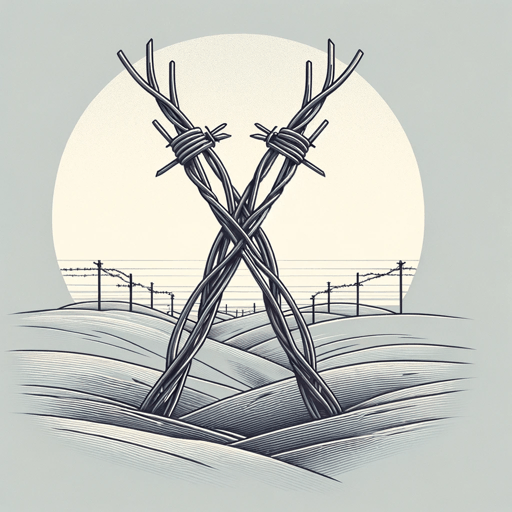53 pages • 1 hour read
John KeeganThe First World War
Nonfiction | Reference/Text Book | Adult | Published in 1999A modern alternative to SparkNotes and CliffsNotes, SuperSummary offers high-quality Study Guides with detailed chapter summaries and analysis of major themes, characters, and more.
Themes
The Predominance of Military Over Political Judgment
Keegan identifies one of the main causes of the war to be militaries wielding far greater influence than diplomats, especially in times of crisis. The militaries of the great powers were highly bureaucratized, rigorously trained in staff colleges, and able to call on large masses of conscripts. Meanwhile, diplomats were the beneficiaries of a “benevolent education” (26), with camaraderie among their international ranks but few institutional linkages that could ensure reliable communication when it was most needed. Part of the problem was secrecy: Generals were understandably fearful of their war plans falling into enemy hands, which was all the more dangerous when reliance on strict railway timetables made an army in transit extremely vulnerable. Yet this secrecy often prevented governments from knowing what their own generals were doing, an asymmetrical knowledge that gave generals considerable political influence. For example, Tsar Nicholas had initially wanted only a partial mobilization in 1914 to signal resolve without escalating the crisis, until his generals wore him down with the insistence that partial mobilization would not be enough to meet the inevitable German mobilization. This example also speaks to the importance of regime type; an absolute monarchy such as Russia might have formally vested power in the tsar but in fact gave the edge to whomever had the tsar’s ear.

